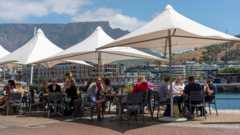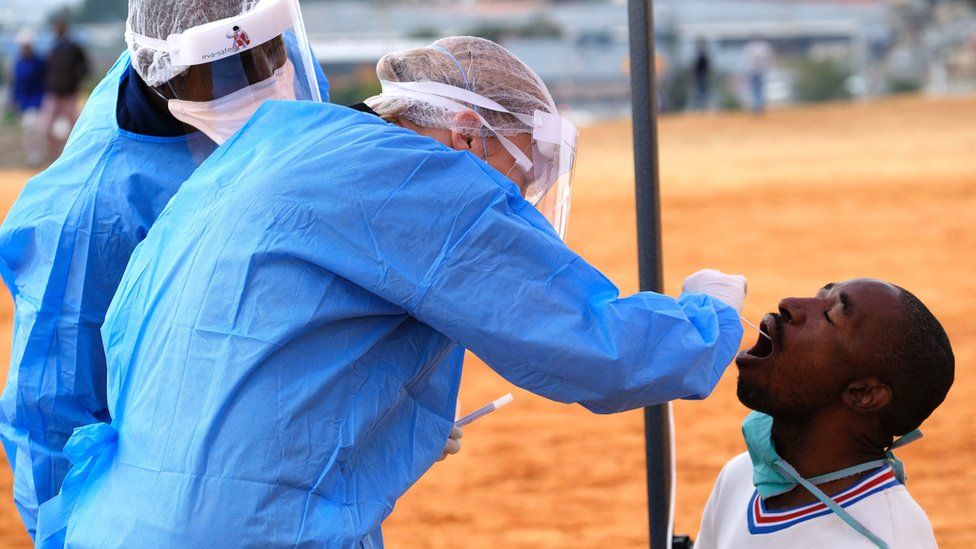COVID-19 Omicron Variant Live News Updates: Israel Closes Its Borders to All Foreigners
The COVID-19 Omicron variant, which has sparked global concern of being a potentially more contagious variant, has led to several European nations setting up restrictions overnight.
On Saturday, 27 November, Israeli Prime Minister Naftali Bennett had said that Israel will, after government approval, ban the entry of all foreigners into the country for 14 days in response to the new COVID variant.
On Sunday, citing an official, news agency AFP reported that Israel has closed its border to all foreigners.
The variant has already been detected in Belgium, Botswana, Hong Kong, Britain, and Israel, sparking global concern.
The World Health Organization on 26 November, had named the B.1.1.529 strain of COVID-19 Omicron, after the fifteenth letter of the Greek alphabet.
Meanwhile, the United Nations' health body has warned that the variant has a large number of mutations.
- Britain, Germany, and Italy detected cases on new COVID-19 Omicron variant on Saturday, 27 November.
- Two Omicron cases were detected in Australia on Sunday.
- WHO has asked countries in South-East Asia Region to be vigilant as cases surge globally.
- Dutch health authorities say that the new 'Omicron' strain of COVID-19 was "probably" present among some of the 61 passengers who tested positive after arriving on two flights from South Africa.
- Indian Council of Medical Research says that there is no need to panic and stressed on the need to ramp up vaccination immediately.
- India recorded 8,774 new COVID infections and 621 deaths in the last 24 hours. Meanwhile, active cases have declined to 1,05,691.
https://www.thequint.com/news/world/covid-19-omicron-variant-live-news-updates#read-more





Edited by Yvette Tan BBC
Get involved